Chemistry

Chemistry is everywhere: we are, basically, a selection of chemicals, and everything around us is made up of chemicals.
In Chemistry, after initial work relating to safety and basic apparatus, students in Year 7 look at the various ways that chemicals and the changes associated with them are classified. Topics include physical and chemical changes, elements, mixtures and compounds and metals and non-metals.
In Year 8 the various sources of chemicals and their reactions are studied by looking at the air and water. Chemical formulae and equations are used throughout this year and beyond.
In Year 9, the department starts GCSE work with an in-depth look at the theory of Chemistry, with students studying atomic structure and bonding as well as the practical topics relating to salts and ion tests.
In the study of Chemistry there is a large emphasis on practical work, particularly in Year 7 and Year 8. Through the underlying themes, within the subject, the students develop a knowledge and understanding of everyday life. The students work in small groups as part of a team as well as independently. Teaching approaches may include: group experiments, individual experimental work, teacher demonstrations, class discussions and the use of videos and problem solving situations.
Future Careers
Chemistry is essential for careers in medicine, veterinary science, dentistry, pharmacy, forensic science, materials sciences and food sciences.







